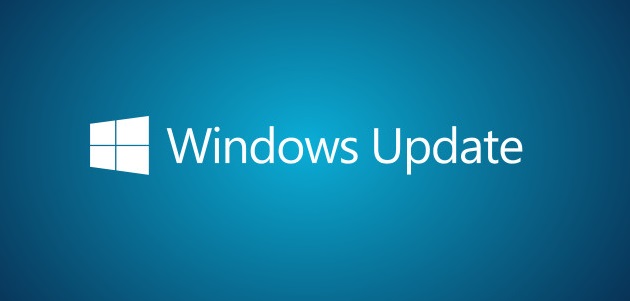Report: Windows Cumulative Updates Cause Performance Issues
Updated, 4/13/19, 9:30am PT: A Microsoft spokesperson told us that the company is working with its antivirus partners on the issue and "keeping customers updated via the KB articles." But the primary Knowledge Base article for the KB4493470 cumulative update only includes this line: "Microsoft and ArcaBit have identified an issue on devices with ArcaBit antivirus software installed that may cause the system to become unresponsive upon restart after installing this update." There's no mention of the problems Avast or Avira users have experienced, however, or what caused these issues.
Original article, 4/12/19, 9:56am PT:
Factories often hang signs declaring "It has been X days since our last accident." Microsoft might want to consider hanging a similar sign that reads "We have released X updates without complaints of serious issues." That sign might be stuck at zero, though, with numerous reports this week claiming that the cumulative updates to Windows 7 and Windows 10 that were released on April 9 have caused serious performance issues for their users.
Windows Latest rounded up conversations on several forums, including Reddit and Microsoft Answers, complaining about the recent updates. Numerous people claimed that it took several minutes for their systems to reach the login screen or provide access to the Task Manager--and those are the lucky ones. Others said their systems froze entirely during the startup process after they installed one of these cumulative updates.
The issue appears to affect systems running various antivirus tools. Avast and Avira separately confirmed in support documents that these cumulative updates have caused issues for their customers. Both companies are working on updates to address whatever problem led to these issues, but in the meantime, they've advised their users that the only solution is to roll back to a previous version of Windows 7 or Windows 10.
Both companies made it seem like this is an issue that can be addressed on their end, but the fact that it affects systems running various antivirus products could indicate that Microsoft effectively 'broke' something with these cumulative updates. We've reached out to Microsoft to learn more about its awareness of this problem, the extent of the issue and what it's planning to do to address whatever caused these changes.
Usually we caution against reading too much into online complaints. People like to kvetch on platforms, and because most of us are more likely to complain about something that's broken than extol something that works perfectly fine, that makes it easy for issues to be blown out of proportion. But this is the second time in as many months that cumulative updates--which are supposed to be stable--have reportedly caused serious problems for people.
Get Tom's Hardware's best news and in-depth reviews, straight to your inbox.
Last time, it took Microsoft about a week to solve the performance issues caused by its cumulative updates. These issues appear to be even worse, though, so it's not clear how long it will take the company to provide a solution. (Or to what extent the matter will be left up to antivirus vendors.) Combine these repeated mistakes with the bumbling rollout of the Windows 10 October 2018 Update, and it would be easy to understand if people don't rush to install future cumulative updates, let alone the Windows 10 May 2019 Update, until that sign finally reads something other than zero.

Nathaniel Mott is a freelance news and features writer for Tom's Hardware US, covering breaking news, security, and the silliest aspects of the tech industry.
